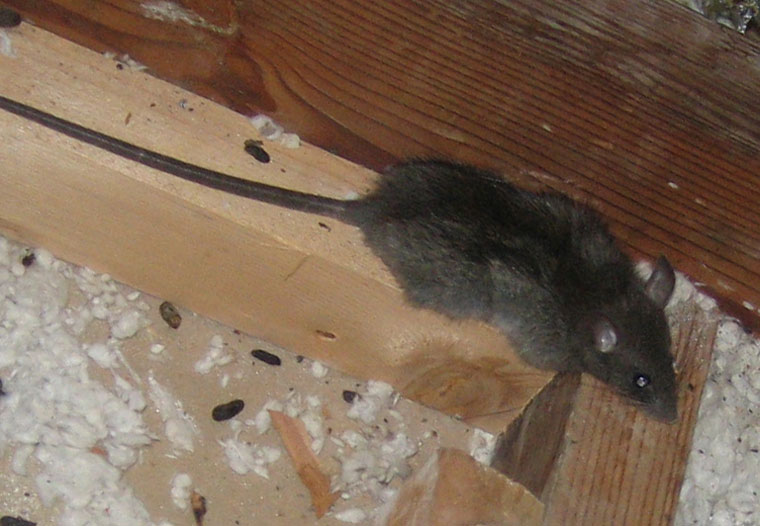-
info@aaanimalcontrol.com
Call us for help in your town
Humane Wildlife Education
What materials can rodents chew through?
Need wildlife removal in your hometown? We service over 500 USA locations! Click here to hire us in your town and check prices - updated for year 2020.
If you take a look at the majority of different kinds of rodents that are out there you will find that they have some of the most formidable teeth that any animal on the planet has. Look at a rat for instance. The teeth on these animals are huge, sometimes significantly larger than any other animals in comparison to the proportionality of the animal size. It is truly remarkable how sharp the teeth of rats and other rodents can be.

To maintain those teeth, rodents, such as rats, hamsters, mice, raccoons, and other animals, need to strengthen them by gnawing or chewing on materials. This enables them to have stronger teeth because the chewing process makes their teeth much harder. This will allow them to be able to open different kinds of items, such as nuts, to be able to eat. An incredibly valuable tool for the survival of these creatures, especially for rodents such as squirrels.
While you may understand need for rodents to chew on different kinds of materials, you may also wonder what specific kinds of materials can rodents chew through? This is an interesting question.
To make one thing real clear from the start, rodents have no trouble chewing through the flesh of other animals. If you have ever had a hamster or rat, then you can probably testify to the fact that a rodent has bitten through your finger at some point. They not only can buy deeply but move quickly, showing that they have strength and agility.
Besides animal flesh, rodents are able to chew through such things as plastic. Many who have had hamster or rat cages can also testify to the fact that these creatures have bitten the plastic away as a means to try to escape from the cage. Often, they are quite successful in doing so because the plastic is no match for those sharp teeth.
Rodents can also chew through such things as metal, even chewing at metal cages to be able to try to get out. They can chew on metal piping and some thinner metal barriers to gain access into specific parts of a building.
There are actually very few things that can stop a rodent and its teeth. What usually helps to keep a rodent from being able to chew through something is the depth of that substance. For example, a rodent may be able to chew through a thin piece of metal, such as aluminum or tin, but if the layer of metal is six or seven mm thick than the rodents are unable to successfully do that.
One material that you can be sure that a rodent cannot get through is glass. The reason behind this is that the shards as they chew on the glass actually cause cuts and abrasions in the rodent's mouth. It may try to do this at first, but the injury it would suffer by doing it would stop it in its tracks and in its desire to continue chewing.
For more information, you may want to click on one of these guides that I wrote:
How To Guide: Who should I hire? - What questions to ask, to look for, who NOT to hire.
How To Guide: do it yourself! - Advice on saving money by doing wildlife removal yourself.
Guide: How much does wildlife removal cost? - Analysis of wildlife control prices.
Animals in the attic - read about the common species.
Noises in the attic - how to identify critters by their sounds.


















